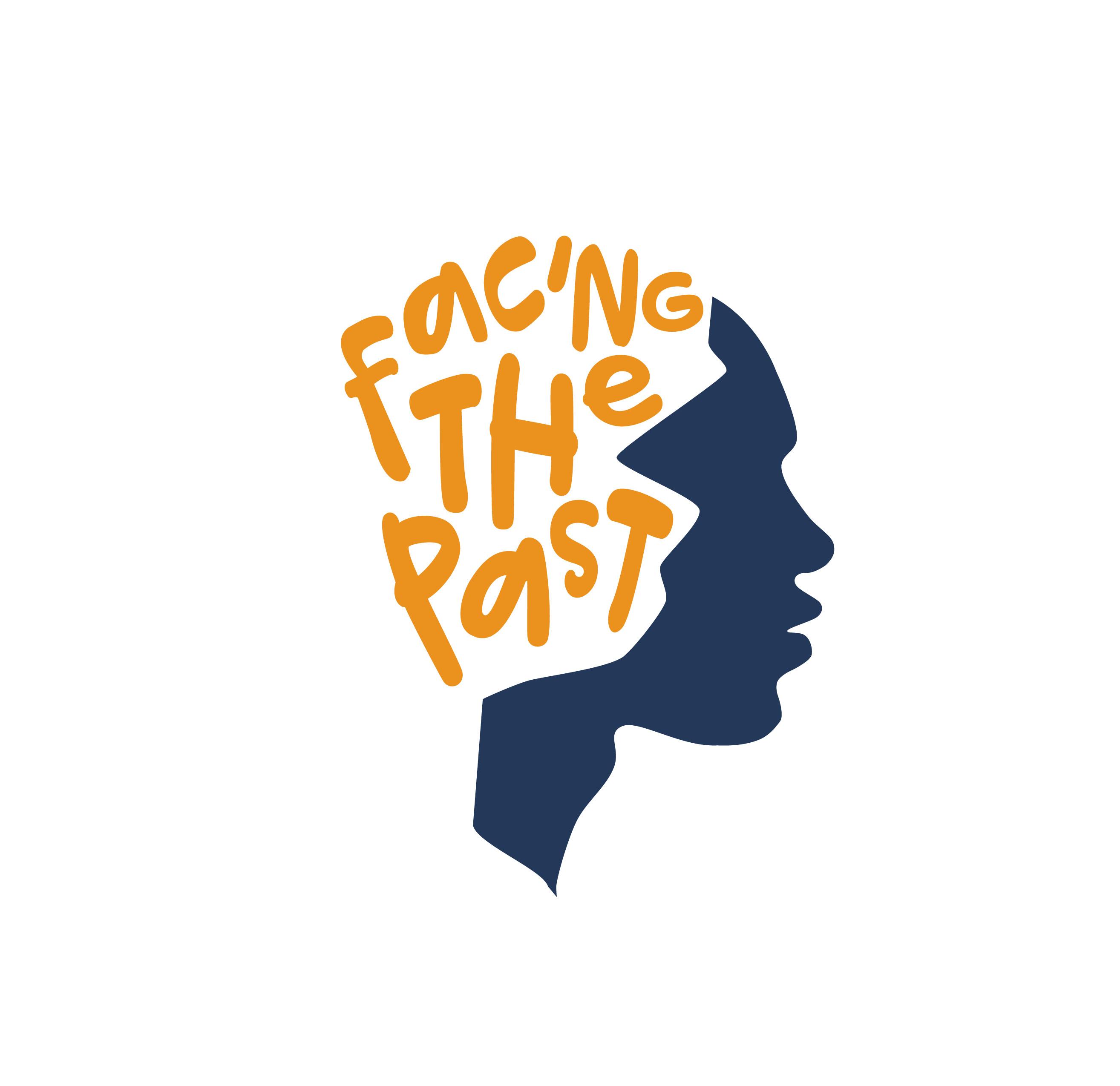Power to the People
Facing the Past seeks to redress the omissions of Lancaster’s involvement in the transatlantic slave trade using creative processes as a way to think and feel about difficult histories and uncomfortable pasts.
Facing the Past sought to raise awareness with all Lancaster residents and to make it impossible not to engage with the history through the educational programmes, young peoples’ consultation, creation of an archive and a digital trail, and staged interventions across the city. All of these, along with training to volunteers and staff in heritage and visitor settings, were designed to contribute to the continued city-wide reflection on how to memorialise and understand Lancaster’s complicity and profiting from the horrors of the Transatlantic Trade in Enslaved Africans.
The proposal of a community-led performance that involved singing and movement sparked controversy and resistance from some local history groups consulted at the development stage who felt that this couple potentially been seem as minimising the issues or triggering trauma. Indeed, many challenging and ethical questions were raised by those taking part such as the right and necessity to retell these stories. Suffice it to say, working in a changing context and with emotionally charged histories, a community-driven response has been a contentious pill for some to swallow.
Leading the vocal and movement based workshops, practitioners Tosin Akedele, Jess Baker, Jody Findley and Louise Gibbons were able to navigate the challenges of co- creating new content and the bringing together three diverse and intergenerational groups. Workshops led up to a mass performance delivered twice in succession in the centre of Lancaster, targeting people who may not actively or regularly seek out heritage experience or spaces. The performance was deliberately not promoted widely. It was planned as an open encounter to be stumbled upon by an incidental audience. Taking place in the public realm, the performance offered the audience the freedom to drop in and out as it suited them, absorbing as much or as little of this history and the communities’ responses as they wanted.
It is not unreasonable to question how this model could move others, impart knowledge and be a call to action against the enduring legacies of slavery. However, the performance held people's attention for the hour-long duration of each performance - which was also preceded by a specially commissioned soundscape - and it changed them. An independent evaluator surveyed over 130 people and reported that following their experience 72% want to find out more about Lancaster’s links to the slave trade, 91.9% found the experience extremely moving, 98.5% said they were extremely likely to tell their family and friends and 66.1% learned new knowledge from watching the performance.
The community-led performance was part of a full day of programming including a slavery site tour, film screening of a specially-commissioned video from St Kitts of a plantation previously owned by a Lancaster merchant, and a vigil – all on Bank Holiday Monday May 29th, 2023 in several locations in Lancaster.
Thanks to the National Lottery Heritage Fund we have created this film that celebrates and showcases a snapshot of the hard work, creativity, collaborative spirit and commitment of the community cast, facilitators and Facing the Past team from activities recorded at the interim point of Facing the Past Phase Two.

